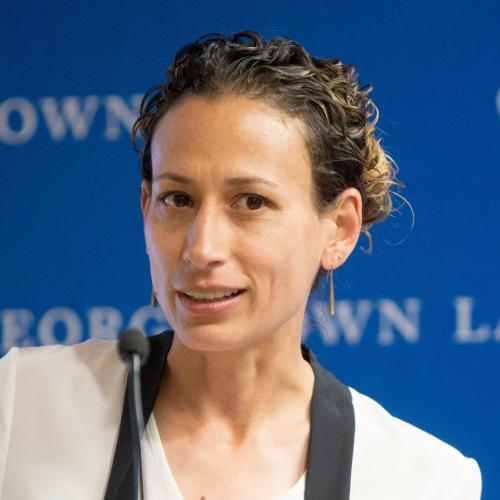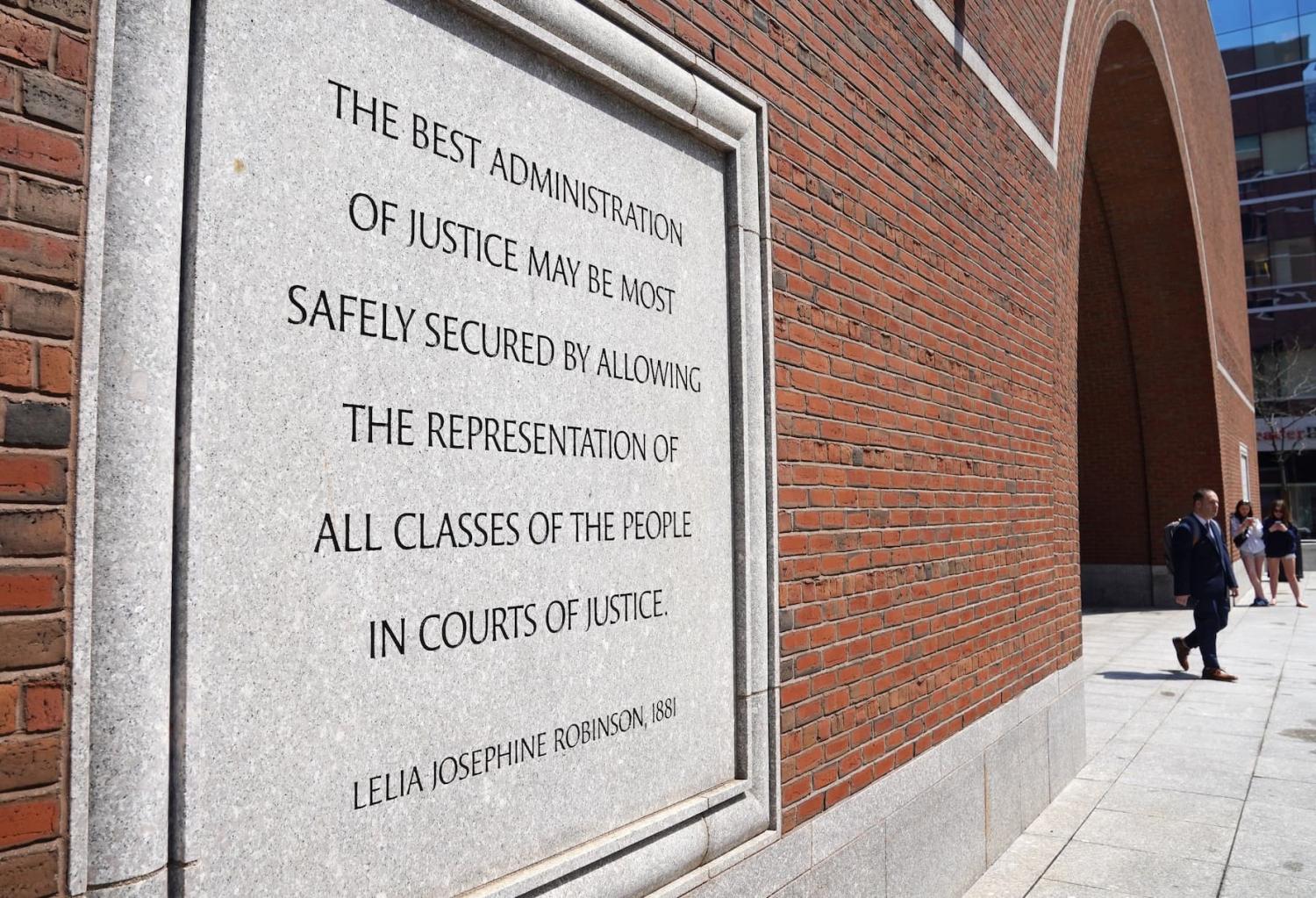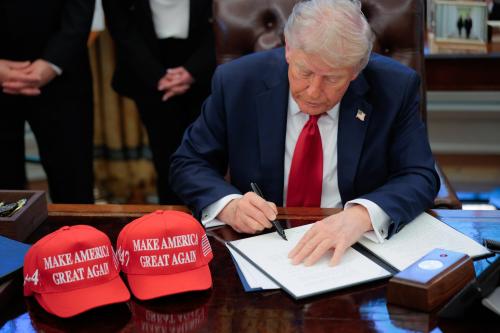This tracker was last updated on January 6, 2026, and will continue to be updated monthly.
This project tracks ongoing legal challenges to the Trump administration’s executive actions related to K-12 education. This includes legal challenges to executive orders and non-binding guidance documents that threaten to withhold federal funding from K-12 schools and other education institutions for actions that do not align with Trump administration priorities, as well as efforts to dismantle the U.S. Department of Education (ED).
The data tool includes information on all lawsuits challenging the executive actions listed in Table 1. The data tool, which will be updated monthly, includes a summary of each lawsuit and subsequent litigation to date, and the status of each case. (All legal terminology is defined below.)
-
Legal status definitions
- Appeal: A request for a higher court to review a lower court’s decision.
- Case Closed: All legal proceedings have ended.
- Case/Appeal in Abeyance: A case or appeal is temporarily put on hold to await the resolution of another proceeding that concerns similar issues.
- Complaint Filed: A party has initiated a lawsuit.
- Dismissed Without Prejudice: A case is terminated, but the plaintiff can file a subsequent lawsuit based on the same grounds as the dismissed case.
- Grants Reinstated: Previously frozen or terminated grants were reinstated by the federal government pursuant to a court order.
- Motion for Summary Judgment: A party asks the court to issue a judgment on the merits but without a full trial.
- Motion to Dismiss: A party asks the court to terminate a case without deciding on the merits.
- Motion to Vacate: A party asks the court to set aside a previous judgment or court order.
- Partial Final Judgment: The court issues judgment on at least one claim in a lawsuit with multiple claims for relief.
- Preliminary Injunction: An injunction that can be granted before or during trial depending on irreparable harm, likelihood of prevailing at trial, and any other interests affected. It is not a judgment on the merits of a case.
- Stay: A pause in legal proceedings, party actions, or court order. A stay can be temporary or indefinite.
- TRO (Temporary Restraining Order): A short-term, temporary injunction.
- Voluntary Dismissal Without Prejudice: The party that filed the lawsuit terminated the case, but they can file a subsequent lawsuit based on the same grounds as the dismissed case.
-
Acronyms
- D. Mass. = District Court for the District of Massachusetts
- D. Md. = District Court for the District of Maryland
- D.D.C. = District Court for the District of Columbia
- D.N.H. = District Court for the District of New Hampshire
- D.N.M. = District Court for the District of New Mexico
- D.S.C. = District Court for the District of South Carolina
- E.D. Va. = District Court for the Eastern District of Virginia
- N.D. Cal. = District Court for the Northern District of California
- N.D. Ill. = District Court for the Northern District of Illinois Eastern Division
The Brookings Institution is committed to quality, independence, and impact.
We are supported by a diverse array of funders. In line with our values and policies, each Brookings publication represents the sole views of its author(s).










